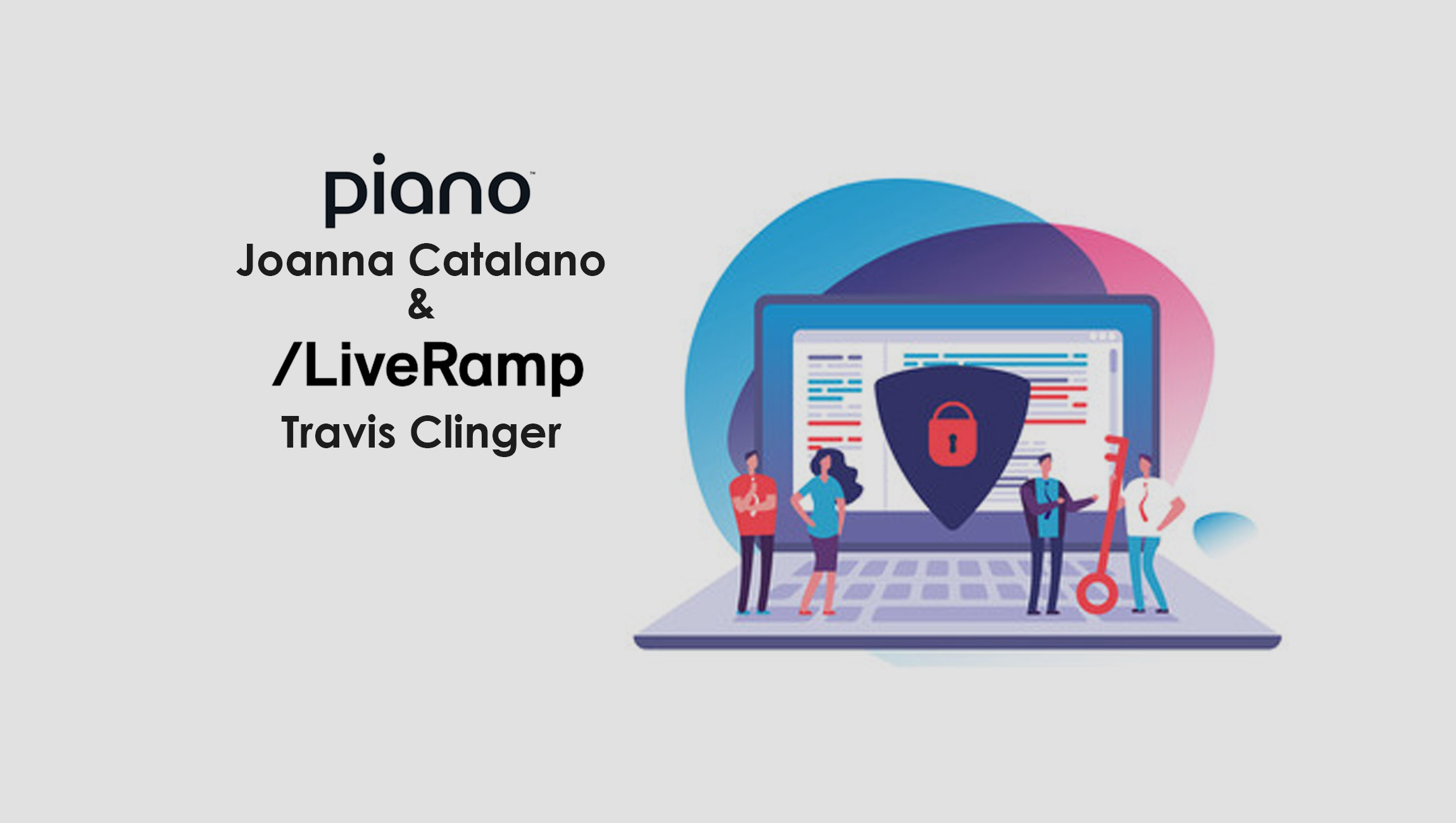The success of the open internet relies on one thing: trust.
When consumers don’t understand how their data is being used, they lose confidence in the brands and sites with which they interact. As an industry, adtech has a duty to correct this misconception and empower consumers to control their data. The upside? We can do this while we build a new foundation of trust, leveraging user preferences to enable personalization and measurement across channels.
The deprecation of third-party cookies and device IDs has forced the adtech ecosystem to reevaluate current practices and reestablish consumer relationships. The companies that succeed will be those who prioritize consumer trust as part of a larger push for more consumer transparency and control.
This begins by helping consumers understand how their data—when leveraged safely and securely—is exchanged for meaningful experiences and content. As more users authenticate and share their identity these deepened first-party relationships lead to improved personalization for consumers and better ROI for publishers. It’s a win-win: If people feel comfortable with how their data is collected and used, publishers can provide better opportunities for themselves (via subscriptions) and brands (via advertising) to reach and engage with these consumers.
Marketing Technology News: Piano Launches ‘Composer Insights’ Integration to Give Publishers Unrivaled Data on Every Step of the Subscription Journey
Strengthen Authentications Through a Clear Value Exchange
Privacy updates from regulators and tech platforms have made it clear that first-party relationships are the way of the future. When consumers trust a publisher’s intentions, they are more willing to authenticate themselves by actively sharing their phone number, email or another form of identity. Building that trust, however, requires a commitment to developing positive interactions and clearly explaining this value exchange. Consumers may be comfortable sharing information with publishers, but require something valuable in return—whether it’s quality content, discounts, early access to new offerings or customized user experiences.
Publishers must continually give individuals transparency, choice, and control over how their data is used in order to sustain this relationship over time. As first-party data strategies evolve into growing applications like data collaboration between partners, it’s imperative for these values to be upheld.
Enjoy Benefits Previously Reserved for Walled Gardens
While walled gardens have historically held the advantage of mostly-authenticated users, publishers are finally able to level the playing field. Strategies built on authentications mean maintaining consumer privacy protections while increasing customer bases, and improving relationships with buy-side partners who can better target high-value audiences and measure outcomes—even in channels like Safari, Edge, and Firefox, which make up over 45% of U.S. browser usage. Recent results from a joint case study between LiveRamp and PubMatic indicate a 101% increase in eCPM in cookieless browsers, including Safari and Firefox, when leveraging an authenticated traffic solution like LiveRamp’s Authenticated Traffic Solution (ATS) and PubMatic Identity Hub.
Marketing Technology News: MarTech Interview with Ritu Kapoor, CMO at Lob
Prioritize Solutions That Can Evolve With Business, Privacy and Security Needs
Many identity solutions have emerged hoping to “replace” cookies. The reality: there’s no one-size-fits-all solution. Instead, publishers must take the time to test and learn, evaluate solutions, refine strategies and ultimately find the right combination of variables that works for them.
Keeping consumer data secure with an identity solution that is both privacy-first and able to evolve alongside privacy mandates from government and tech platforms is a top priority. Addressable, people-based solutions have emerged as a clear frontrunner, designed from the start with consumer consent, trust and privacy protections.
If Microsoft Advertising and Newsweek are any indication, publishers quick to adopt this strategy will be the first to gain a competitive advantage. Moreover, this supports the interests of cross-functional teams at media companies, which will benefit from healthier, long-term business built on deep user relationships.
As the ecosystem rebuilds, previous failings to deliver privacy protections worth believing in will be a thing of the past. Unauthenticated cross-device identifiers will soon be gone from the ecosystem entirely. With a collective goal to support a more sustainable, healthy and competitive web, a transparent value exchange empowered by privacy-first identity solutions can and will continue to work better for everyone.
About the Authors:
- Joanna Catalano is chief growth officer at Piano, the digital experience platform that helps organizations understand and influence customer behavior.
- Travis Clinger is SVP of Addressability and Ecosystem at LiveRamp, the leading data connectivity platform for the safe and effective use of data.
Marketing Technology News: Meta Addresses Post-IDFA Attribution Challenge











